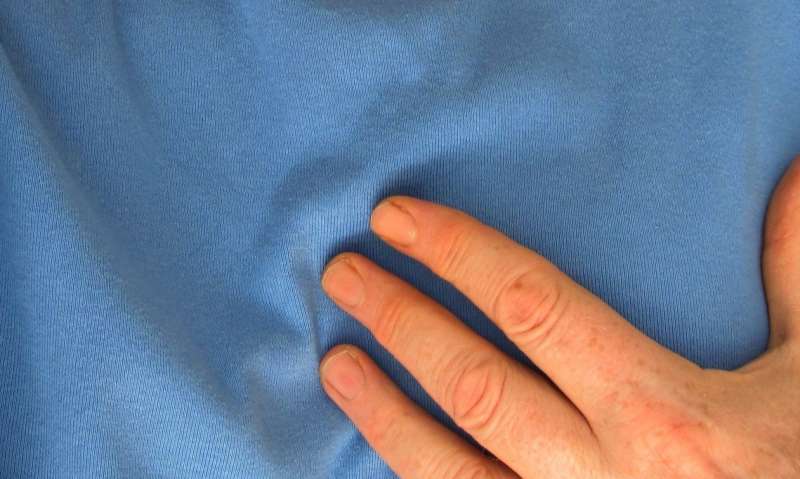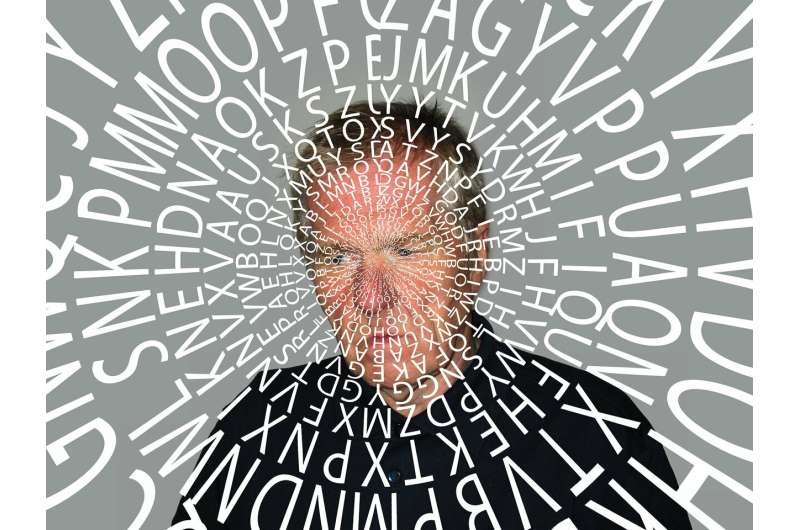Psychological Distress After Heart Attack Can Impact Future Heart Health

Psychological distress such as depression and anxiety is common after a heart attack and can increase the risk of future heart conditions. Early recognition and comprehensive treatment are crucial for improving recovery and long-term health.
Experiencing psychological distress such as depression, anxiety, stress, or post-traumatic stress disorder (PTSD) is common among individuals who have suffered a heart attack. A recent scientific statement from the American Heart Association, published in Circulation, highlights how these mental health challenges can influence physical recovery and elevate the risk of subsequent heart conditions.
The review indicates that roughly one-third of heart attack survivors develop depression annually, a rate significantly higher than the general population, where fewer than 10% experience similar issues. Anxiety and stress are also prevalent, affecting up to 50% during hospitalization and persisting in 20-30% of patients afterward. Certain groups, such as women, unmarried, unemployed, immigrants, and those with limited social support or prior mental health issues, are at higher risk.
Research shows that psychological conditions post-heart attack are linked to increased risks of recurrent cardiac events and mortality. For example, individuals with PTSD or depression are twice as likely to face further complications, with anxiety increasing the likelihood of another heart attack by 1.3 times. These conditions can be both a consequence and a contributing factor to cardiovascular disease.
Biologically, stress and emotional responses can cause physiological changes like artery constriction, reduced blood flow, and irregular heart rhythms. Chronic stress also triggers hormonal responses that promote inflammation and vascular damage, creating a bidirectional link between mental health and heart health.
Symptoms such as ongoing sadness, hopelessness, excessive worry, or fear of another attack may indicate clinical depression, anxiety, or PTSD, meant for targeted treatment. Supportive care, including psychological therapies like cognitive behavioral therapy, medications, mindfulness practices, and lifestyle modifications, can enhance recovery and overall well-being.
The importance of cardiac rehabilitation programs, which integrate physical exercise with mental health monitoring and stress management, is emphasized. Despite proven benefits, participation rates remain low, hindered by logistical barriers and lack of awareness. Effective management of psychological distress is essential, as it not only improves emotional health but also reduces the risk of future cardiac events.
In conclusion, recognizing and treating mental health challenges after a heart attack is vital for comprehensive patient care. Protecting mental well-being can significantly influence physical recovery and long-term heart health, underscoring the need for integrated cardiac and psychological support strategies.
Stay Updated with Mia's Feed
Get the latest health & wellness insights delivered straight to your inbox.
Related Articles
The Impact of the Pandemic on Puberty and Mental Health in Girls
Research reveals that the COVID-19 pandemic has affected puberty and mental health in girls, highlighting increased depression levels and altered social dynamics during adolescence.
Genetic and Environmental Factors in Family Mental Health: Breaking the Cycle
A groundbreaking study reveals that while mental health issues often run in families, they are not predetermined. Strengthening family environments and early interventions can break this cycle and promote resilience.
Integrating Psychosomatic and Psychiatric Diagnostics: Toward Personalized Treatment Approaches
This article explores the integration of psychosomatic and psychiatric diagnostic systems to facilitate personalized mental health treatments, highlighting recent research findings on their relationship and impact on quality of life.
Short Inspirational Videos Proven to Reduce Stress as Effectively as Meditation
Discover how short inspirational videos can be as effective as meditation in reducing stress, promoting hope and resilience for better mental health. Source: https://medicalxpress.com/news/2025-10-short-videos-effective-meditation-stress.html



